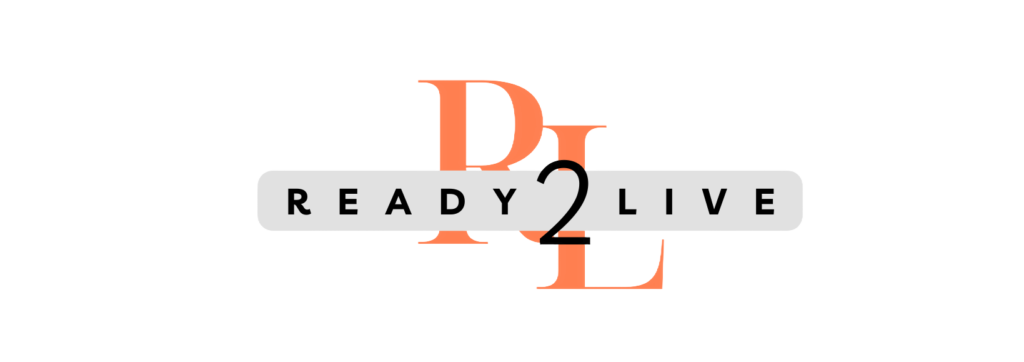Breaking Stereotypes: The Real Story of Introverts
Do you think that all introverts are shy, antisocial hermits who hate their jobs? But research tells a different story about the strengths and capabilities of introverted individuals, especially in leadership and professional settings. A study by Wharton professor Adam Grant found that introverted leaders can actually be more effective than extroverted ones, particularly when managing proactive employees.
We introverts aren’t allergic to people-we just like our social time as we like our coffee: strong but in small doses. We simply recharge our batteries with some quality alone time rather than constant chatter. While extroverts may treat the office like a nonstop social event, introverts often quietly complete their work. It’s no surprise that a 2012 study found introverts are 20% more likely to call themselves “highly productive” in quiet spaces. We’ve perfected the art of looking busy while secretly jamming to podcasts through our sneaky earbuds.
Picture this: Another day at the office. The extroverts are on their third “quick chat” by the water cooler, debating whether aliens built the pyramids. Meanwhile, the introverts? Laser-focused, churning out top- notch work. We’re like productivity ninjas, able to concentrate without getting distracted by shiny objects. This ability to concentrate without distraction makes introverts productivity powerhouses. They also tend to be astute observers and excellent listeners. In meetings, they may not dominate the conversation, but they absorb information and formulate thoughtful insights. When introverts do speak up, it’s often with well-considered ideas that drive projects forward.
Research indicates that introverted leaders are 20% more likely to carefully listen to and process employee ideas before making decisions.
Despite these strengths, society has this weird obsession with equating success with being a social butterfly. Introverts are frequently misunderstood and undervalued, especially in the workplace. A study by Leigh Thompson of the Kellogg School of Management found that in a typical six-person meeting, two people do more than 60% of the talking. This dynamic can leave introverts, who prefer to process information before speaking, feeling excluded from the conversation. Too often, introverts are pressured to act more extroverted, regardless of the value of their contributions.
But in a world of loud talkers, it’s often the quiet ones who are truly running the show. Introverts don’t need to pretend to be extroverts to lead effectively. In fact, some of the world’s most impactful leaders have been introverts:
- Barack Obama: The former US President is a self-proclaimed introvert, known for his thoughtful speeches and calm demeanor
- Bill Gates: This technology mogul turned philanthropist built an empire through deep thinking and problem- solving
- Rosa Parks: The civil rights icon sparked a movement with a quiet act of defiance
- Mark Zuckerberg: The Facebook founder created a social network empire while being relatively reserved himself
- Marissa Mayer: The former Yahoo CEO and Google executive is known for her analytical mind and introverted tendencies.
These leaders didn’t fake it to make it. They succeeded by leveraging their introvert strengths – deep thinking, careful listening, and thoughtful decision-making. So here’s the deal: Stop trying to be the life of the party if it drains you. Be the quiet observer who drops mind-blowing insights. Be the leader who istens before deciding. Be the friend who’s there for deep talks, not just small talk. The key for introverts is to embrace their natural tendencies rather than trying to conform to extroverted ideals.
You’re not “anti-social,” you’re selectively social. You’re not “shy,” you’re carefully expressive.
You’re not a “wallflower,” you’re a mental ninja.
Embrace your inner introvert. Embracing your introverted nature means recognizing and utilizing your unique strengths. It’s time to stop apologizing for needing space to recharge. You’re not broken, you’re just introverted. And being introverted isn’t a flaw – it’s a powerful asset. It’s awesome.
Ultimately, the world needs diversity in personality types. If everyone were an extrovert, who would listen? If everyone were an introvert, who would speak up first? It’s about recognizing and valuing the strengths of both introverts and extroverts to create a balanced and dynamic environment.

